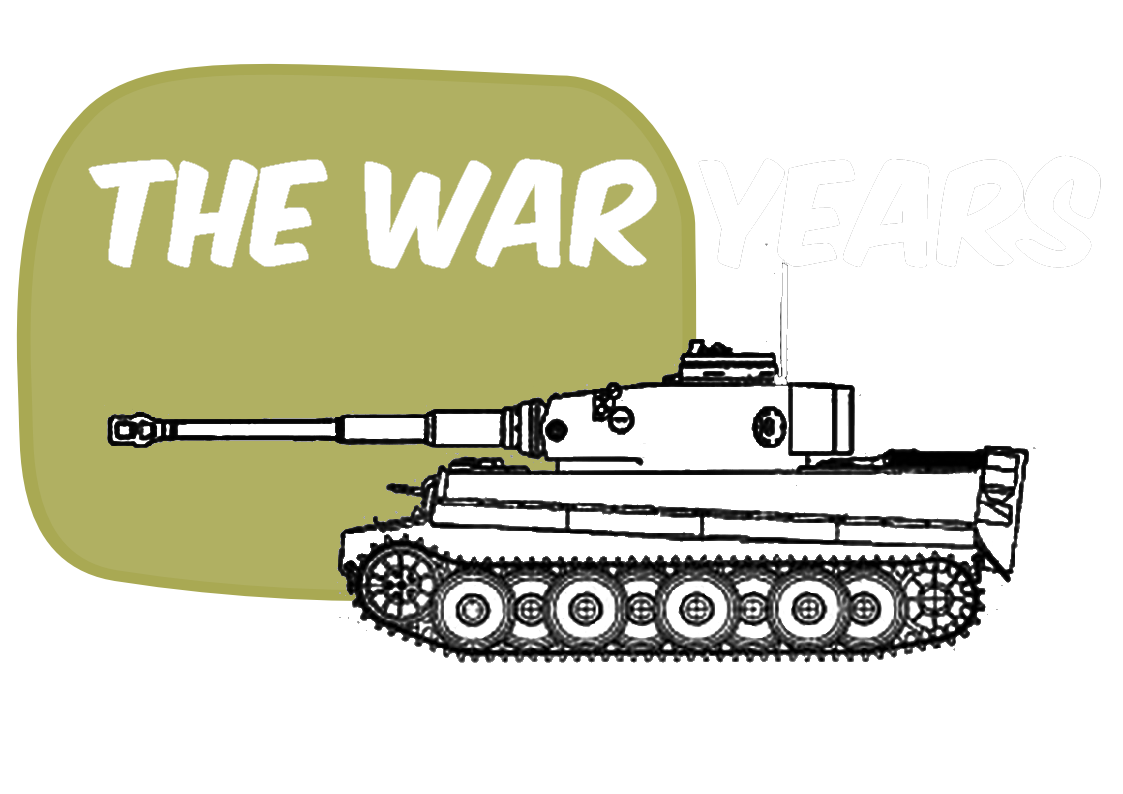The Museums of RAF Davidstow Moor
Cornwall is full of surprises. Hidden a couple of miles from Camelford is a disused World War Two airfield that is now home to a monstrous cheese-making factory and two tiny military museums. RAF Davidstow Moor was once a three-runway airfield (between 1942 and 1954) and then a Formula One racing circuit before being completely abandoned. Today, at 294 metres above sea level, it’s a windswept home for grazing sheep and the dairy industry.
Coastal Command
Between 1942 and 1945, RAF Davidstow Moor was home to B-24 Liberators, B-17 Flying Fortresses, Bristol Beaufighters and Vickers Wellingtons. These aircraft attacked U-boat pens, covered the western flank of the Normandy landings and hunted German submarines and E-boats. As part of Coastal Command, RAF Davidstow Moor also played an important air-sea rescue role flying Lockheed Hudson, Supermarine Walrus and Vickers Warwick twin-engine multi-purpose aircraft.
Davidstow Moor RAF Memorial Museum
In a rather curious arrangement, the Davidstow Moor RAF Memorial Museum and Davidstow Airfield and Cornwall at War Museum are right on top of one another, although completely separate enterprises. Located in the former sergeants' shower block, later used for pig farming, the Davidstow Moor RAF Memorial Museum is dedicated to the airfield’s history. Although tiny, the museum contains a wide selection of authentic artefacts, photographs and documents related to the airfield’s wartime activities and personnel. It also houses an impressive collection of crash site-recovered aircraft fragments (over three thousand) and the history of each event. Visit the museum’s website for more information: http://davidstowmemorialmuseum.co.uk/
Davidstow Airfield and Cornwall at War Museum
Adjacent to the Davidstow Moor RAF Memorial Museum is the Davidstow Airfield and Cornwall at War Museum. The larger of the two museums, the Cornwall at War Museum is spread across something like 17 buildings of various sizes. Each building is numbered, and tours start at the Roxy Cinema, where a rather long (25 minutes) but amusing homemade film explains the museum’s evolution. As you progress around the site, you’ll learn more about Cornwall’s military history, RAF Davidstow Moor and each building’s original use and restoration. There are buildings dedicated to the Royal Navy, RAF Operations, the Royal Marines, World War One, Battle of the Somme, the Homefront, Air-Sea Rescue and Animals at War.
The airfield’s original blast and air raid shelters have also been recovered. The former guardroom is now the gift shop, and you’ll even find some information on the museum’s cheese making neighbours. Completed in 2016, the museum’s hangar houses a growing collection of larger exhibits including a Fairey Gannet, Hawker Hunter F.6 jet aircraft and the cockpit section of a DH Vampire T.11. The hanger is also home to a number of rare airfield and military vehicles. The museum staff are extremely welcoming, there’s a kids play area, and the self-service NAAFI provides refreshments and snacks. For more information on the Cornwall at War Museum visit their website now: http://cornwallatwarmuseum.co.uk/
Having done the picture postcard fishing villages, Poldark, Arthurian legends, tin mines, surfing, cream teas and pasties, Cornwall still has more to offer. It might not be for everyone, but a visit to the former RAF Davidstow Moor airfield and its two fascinating little museums was certainly worth the effort. Finally, you can take a look at The War Years photo album of RAF Davidstow Moor on Flickr now.
